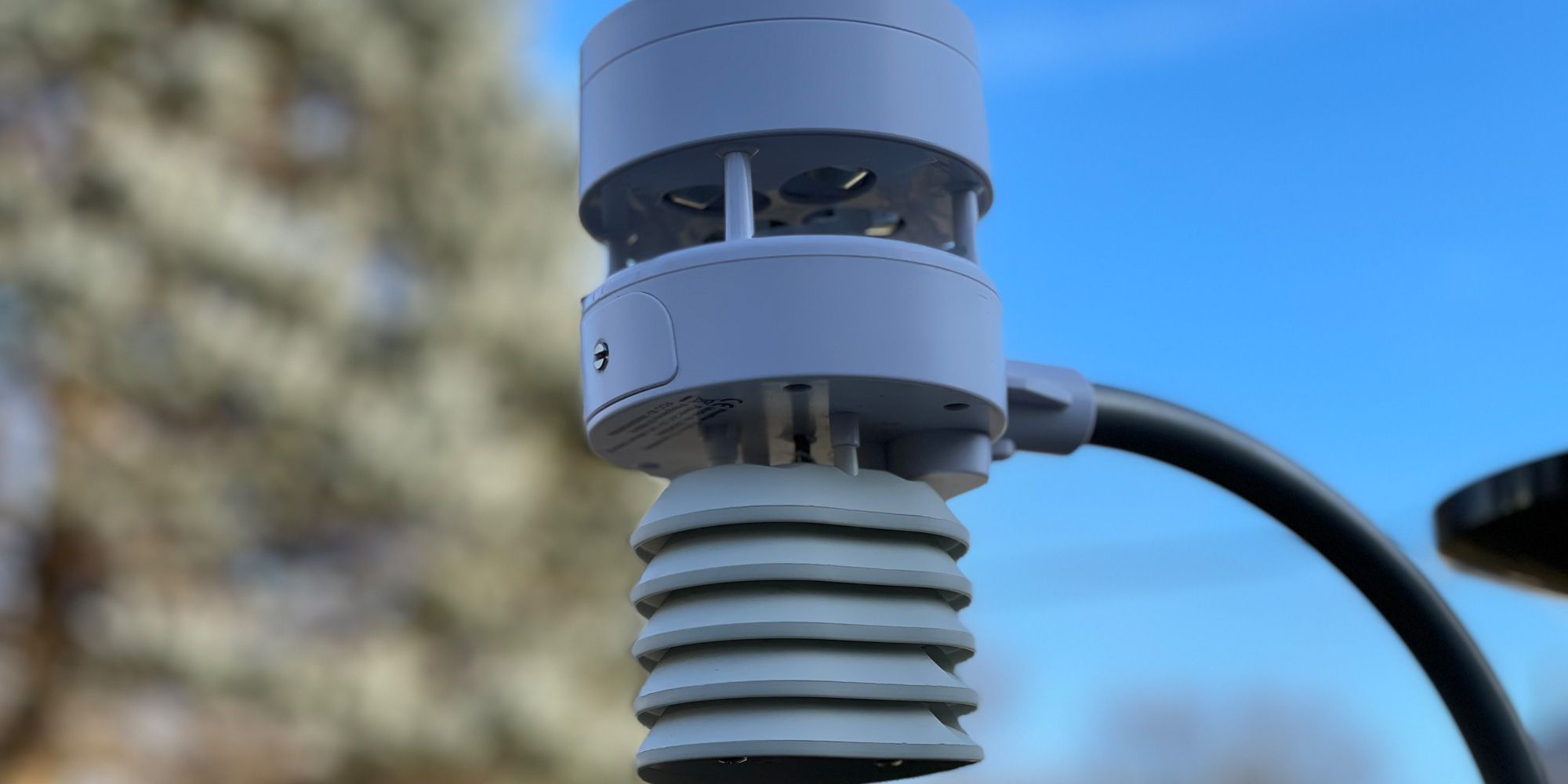Top 10 Features to Search For in Modern Weather Stations for Definite Projecting
Revealing the Value of Utilizing an Expert Weather Condition Terminal in Numerous Industries
In the world of various industries, the utilization of a specialist weather condition station stands as an essential aspect in operational frameworks. The significance of exact climate data extends beyond simple meteorological attraction; it represents a cornerstone for informed decision-making processes. The ramifications of using a specialist weather station transcend the surface area level of information collection. By delving right into its diverse effects on safety methods, operational performance, resource management, and industry-specific tracking practices, a much deeper understanding arises of the critical role such innovation plays fit the landscape of diverse fields (Weather Stations).
Enhancing Decision-Making With Accurate Data
Enhancing decision-making in markets is significantly promoted by the utilization of precise information gotten from expert climate stations. Reputable weather info is critical for various markets, consisting of farming, power, building and construction, and transport. By integrating information from expert weather terminals right into their decision-making procedures, sectors can make educated choices that favorably influence their procedures.

Improving Precaution and Precautions

Moreover, specialist weather condition stations provide thorough insights right into numerous meteorological parameters like temperature level, humidity, wind speed, and rainfall levels. This details is vital for executing customized precaution based upon specific climate conditions. For example, understanding wind patterns can help in protecting loose items or scaffolding to avoid mishaps during strong gusts. Checking temperature variants is important for carrying out warmth tension avoidance actions in high-temperature environments. Generally, incorporating data from professional weather condition terminals encourages sectors to prioritize safety and security and preemptively address weather-related threats, safeguarding both properties and personnel.
Boosting Operational Effectiveness and Productivity
To optimize functional processes and make the most of result degrees in commercial setups, a calculated usage of structured operations and check it out data-driven insights is paramount. Professional weather terminals play a crucial role in enhancing functional effectiveness and efficiency throughout numerous markets. By supplying real-time and precise weather information, these stations enable organizations to make educated decisions that can positively influence their operations.
One significant means weather condition terminals add to enhancing functional efficiency is by helping in resource monitoring. With accurate climate projections, markets can much better assign resources such as workforce, materials, and devices. For instance, understanding beforehand regarding an approaching tornado can aid organizations change their timetables, guaranteeing the safety and security of workers and stopping costly hold-ups.
Furthermore, specialist climate terminals aid optimize energy usage - Weather Stations. In general, integrating an expert weather condition station into industrial operations can result in smoother workflows, enhanced productivity, and ultimately, improved profitability.
Optimizing Resource Monitoring and Preparation


Specialist weather condition stations play a critical role in maximizing resource management and preparation within industrial procedures by supplying essential real-time data understandings. By accurately monitoring weather condition conditions such as temperature level, humidity, wind rate, and precipitation degrees, these weather condition terminals allow industries to make educated choices relating to resource allowance and planning. For example, in agriculture, real-time climate data aids farmers figure out the optimum timing for growing, irrigation, and gathering activities, bring about enhanced plant yields and source efficiency. In the power sector, specialist weather stations help in projecting wind patterns for wind farms, permitting much better usage of wind power resources. In building, keeping track of climate conditions can assist in scheduling outside jobs successfully, decreasing hold-ups due to unfavorable weather condition. Generally, the accurate data supplied by expert weather condition terminals equips sectors to simplify their source monitoring strategies, enhance operational efficiency, and eventually enhance their lower line.
Making Sure Industry-Specific Weather Monitoring
Various sectors have one-of-a-kind weather sensitivities that can substantially affect their operations. Building and construction firms require real-time weather condition updates to schedule exterior review tasks efficiently and make sure worker safety.
Stores track weather condition fads to change inventory degrees based on anticipated need modifications driven by climate conditions. By spending in expert climate stations created for industry-specific needs, organizations can stay in advance of weather difficulties and make informed decisions to guard their operations.
Final Thought
Finally, using an expert climate station in numerous industries is vital for enhancing decision-making, enhancing safety and security measures, increasing functional effectiveness, maximizing source monitoring, and guaranteeing industry-specific weather condition surveillance. By utilizing accurate and dependable information supplied by a specialist climate terminal, sectors can make enlightened choices, minimize threats, and take full advantage of efficiency. It is crucial for firms Home Page to buy specialist weather stations to stay ahead of the contour and keep an affordable side in today's rapidly altering climate.
By utilizing a professional climate terminal, markets can enhance their ability to check climate problems precisely, allowing for proactive safety and security procedures. By precisely keeping an eye on weather condition conditions such as temperature, moisture, wind rate, and precipitation degrees, these climate stations enable sectors to make educated decisions concerning resource appropriation and preparation - Weather Stations. In construction, monitoring climate conditions can help in organizing outside tasks properly, reducing delays due to negative weather. By spending in expert climate stations designed for industry-specific demands, companies can remain ahead of climate challenges and make educated decisions to guard their operations
In final thought, the use of a specialist weather condition terminal in different sectors is important for boosting decision-making, enhancing safety measures, improving functional effectiveness, maximizing resource administration, and ensuring industry-specific weather condition surveillance.